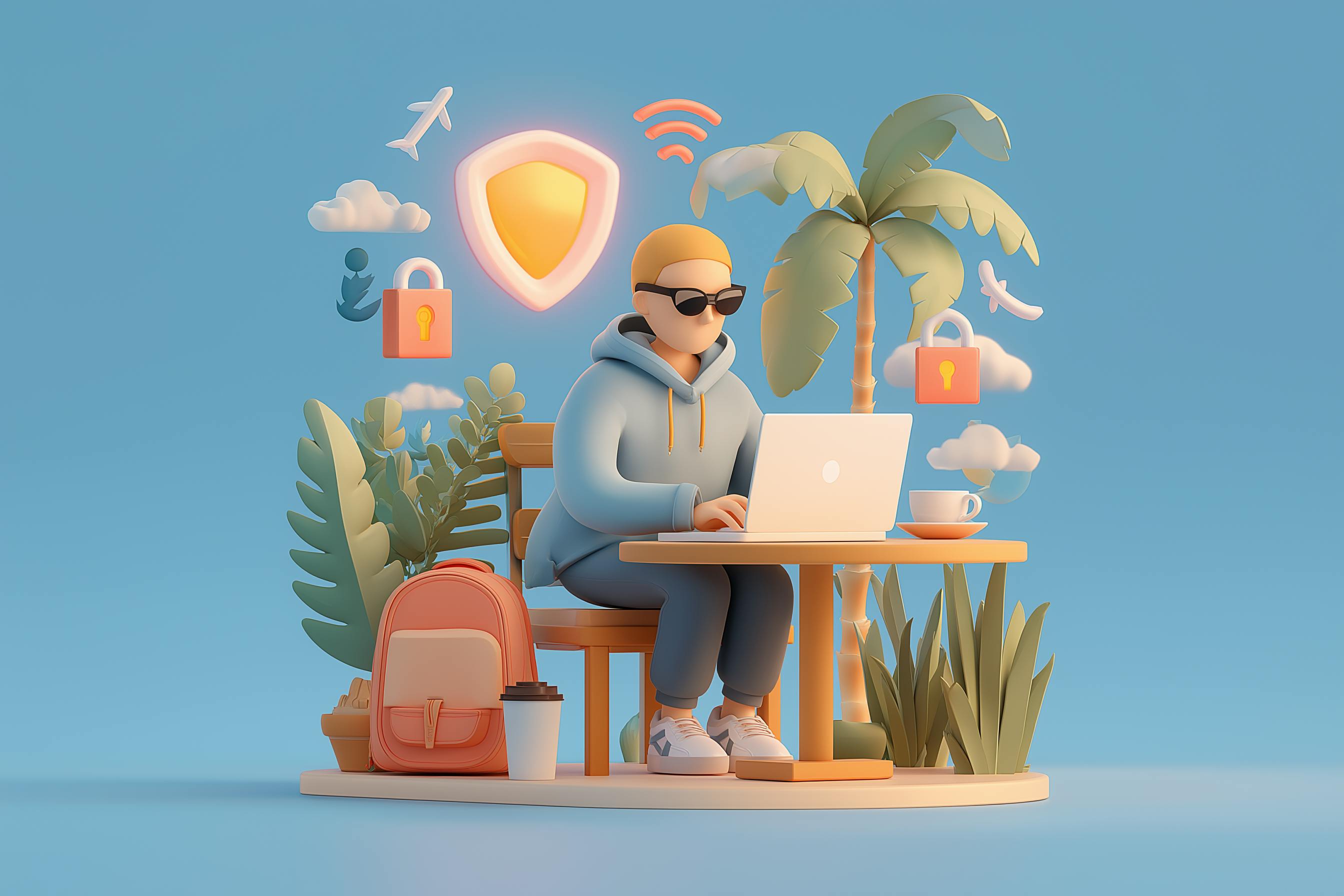149 reads
Guide to Information Security for Digital Nomads
by
August 14th, 2025
Audio Presented by

Art director and product designer with 10+ years in Edtech and Proptech
About Author
Art director and product designer with 10+ years in Edtech and Proptech
